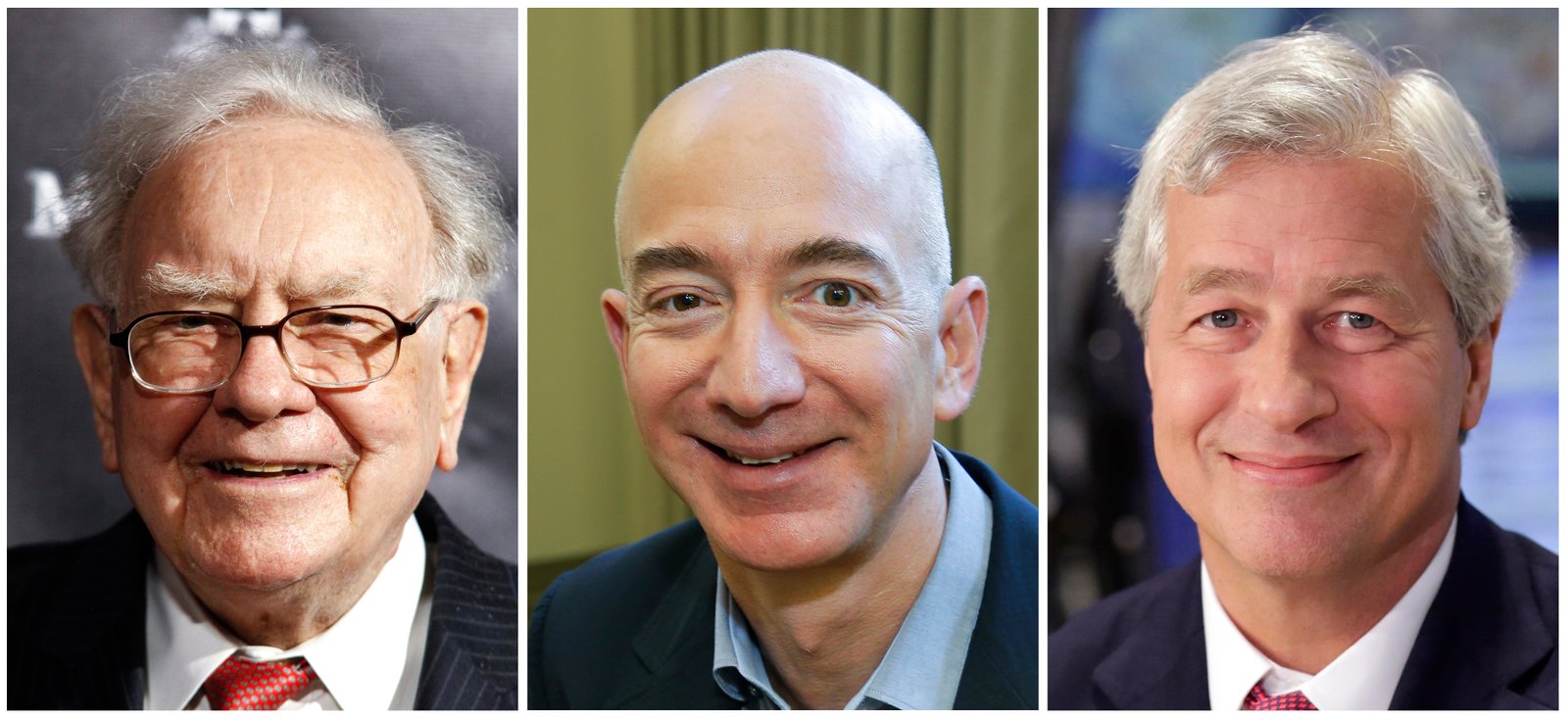By TOM MURPHY, AP Health Writer
Amazon is diving into health care, teaming up with Warren Buffett’s Berkshire Hathaway and the New York bank JPMorgan Chase, to create a company that helps their U.S. employees find quality care “at a reasonable cost.”
The business giants offered few details Tuesday and said that the project is in the early planning stage.
“The ballooning costs of (health care) act as a hungry tapeworm on the American economy,” Buffett said in a prepared statement. “Our group does not come to this problem with answers. But we also do not accept it as inevitable. Rather, we share the belief that putting our collective resources behind the country’s best talent can, in time, check the rise in health costs while concurrently enhancing patient satisfaction and outcomes.”
The new company will be independent and “free from profit-making incentives and constraints.” The businesses said the new venture’s initial focus would be on technology.
The companies did not say whether the project would expand beyond Amazon, Berkshire or JP Morgan. However, JPMorgan Chase Chairman and CEO Jamie Dimon said, “our goal is to create solutions that benefit our U.S. employees, their families and, potentially, all Americans.”
Shares in health care companies took a big hit in early trading Tuesday, suggesting the threat of the new entity to how health care is paid for and delivered in the broader economy.
Any solutions the company devises would find a huge and receptive audience. With about 151 million non-elderly people, employer-sponsored coverage is the largest part of the U.S. health insurance market.
Companies get a tax break for offering health benefits to their workers, and many employers also see them as a critical tool for attracting and keeping workers. But costs are soaring and health care consumes a growing chunk of their budgets. Small businesses have been under particular strain.
Only 50 percent of companies with three to 49 employees offered coverage last year, according to the nonprofit Kaiser Family Foundation. That’s down from 66 percent more than a decade ago. The federal Affordable Care Act requires all companies with 50 or more full-time employees to offer it.






